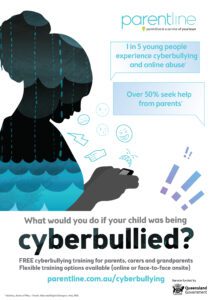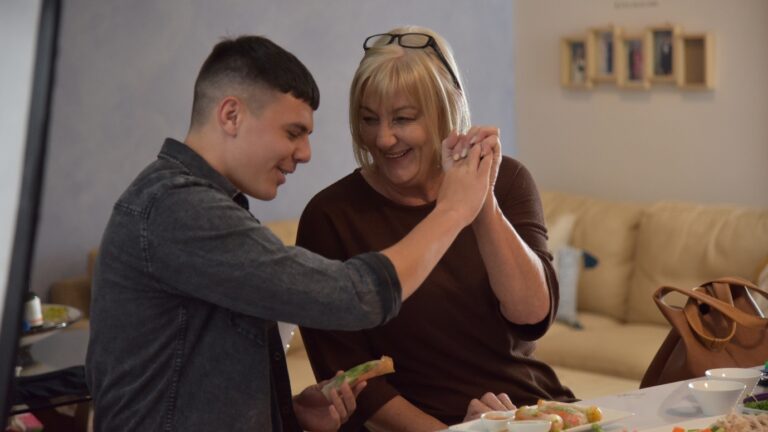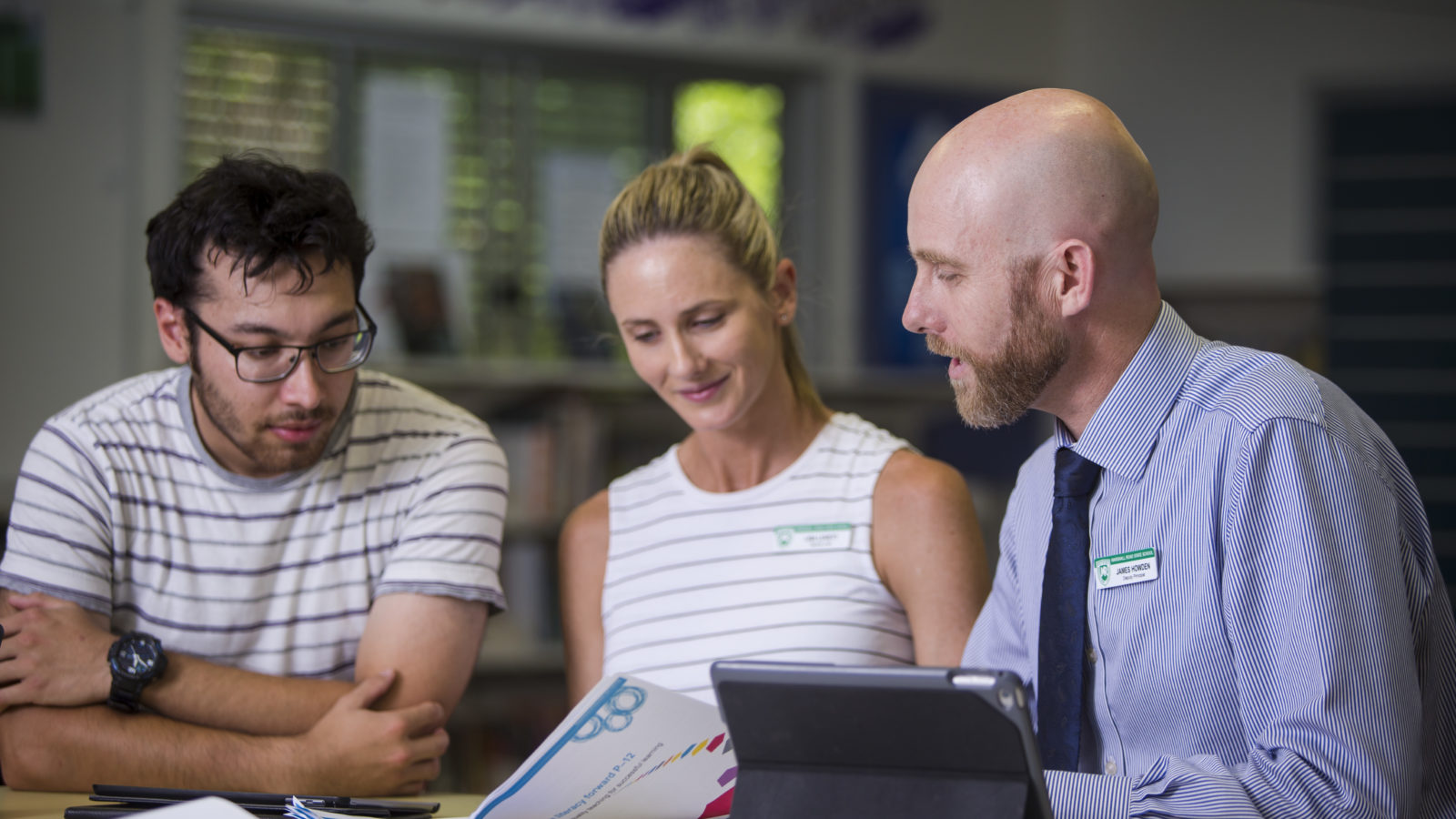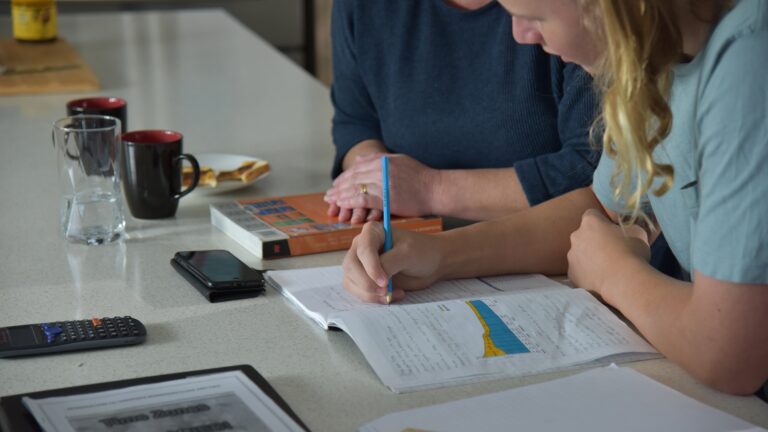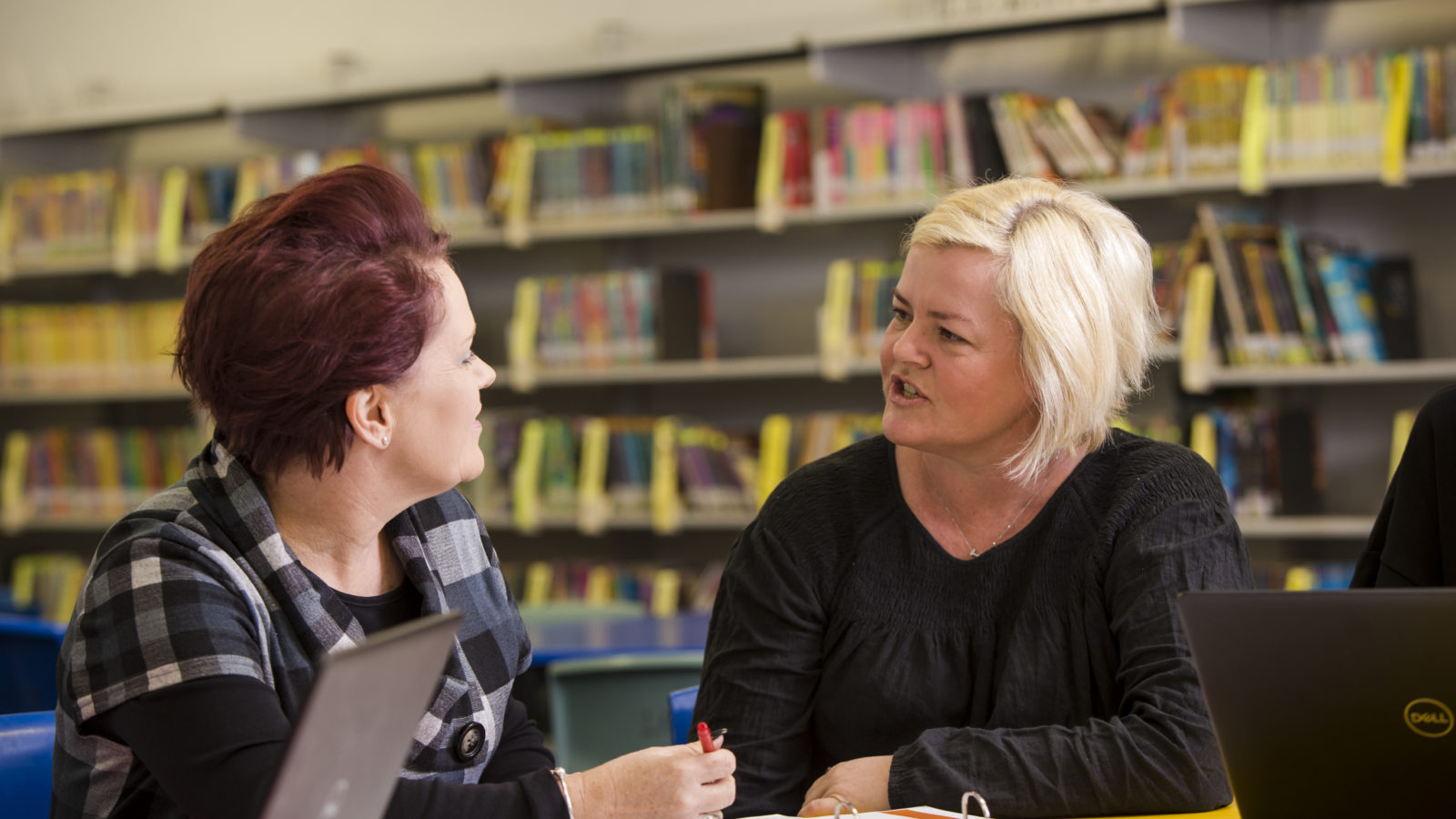While it can be distressing to learn your child is being bullied, it’s important you let your child know that you take bullying seriously and will support them to report it to their school.
What is bullying
Bullying is when someone deliberately and repeatedly upsets, frightens, threatens or hurts someone else or their property, reputation or social status. Bullying can be:
- verbal bullying such as insulting, threatening or making fun of someone
- bullying behind someone’s back such as playing nasty jokes, spreading rumours, or encouraging peers to exclude someone
- physical bullying such as pushing, tripping or hitting, or damaging property
- cyberbullying where digital technology is used to deliberately harass or humiliate.
What is not bullying
Bullying is more than just a fight or disliking someone. Bullying involves an ongoing or repeated misuse of power in a relationship with the intention to cause harm. Behaviours that are not bullying include:
- mutual arguments and disagreements
- not liking someone
- a single act of social rejection or exclusion
- one-off acts of meanness
- isolated incidents of aggression, intimidation or violence.
These conflicts can be serious and may need to be addressed and resolved. You should let the school know if your child is subjected to any of the more serious behaviours listed above as they may need support in addressing them. Be cautious about labelling these behaviours as bullying. This can make the situation more difficult to resolve and could make it more difficult for your child to deal with challenging social situations in the future.
Signs your child is being bullied
Here are some of the signs that may indicate your child is being bullied:
- avoiding school and dropping out of sport and other activities
- changing moods, behaviour, self-harm or expressing suicidal thoughts
- looking anxious, sad, embarrassed, angry or physically sick
- has trouble sleeping or loss of appetite
- socialising less with family and friends
- has unexplained bruises, cuts, scratches
- loses or brings home damaged belongings or clothes
- arrives home hungry
- noticeable increases or decreases in device use, including texting
- is upset during or after being online.
How to respond
It’s important to step in if you’re concerned about your child being bullied as your support is vital to your child’s wellbeing. You should contact the school immediately if your child’s safety is at risk.
What you should do
- Stay calm and focus on finding a solution.
- Encourage your child to talk about what has happened and reassure them it is not their fault.
- Understand the nature of the bullying, how frequent it is, and who is involved.
- Discuss ways to deal with the bullying but do not advise your child to fight with the other child.
- Work together with the school if someone from school is involved. Make sure your child is comfortable with this and has a say in the process.
- Encourage your child to stay engaged in interests they enjoy with other young people and activities involving their extended family so they feel loved.
- Seek professional help if you need it.
Work with the school
Schools want to work with parents as partners to support all their students. When you contact the school, remain calm and be prepared:
- Check the school website for any information regarding their policy or procedures for managing bullying.
- Make a time to talk with your child’s teacher, school counsellor or guidance officer.
- Write notes based on what your child has told you so you can be as clear as possible when talking to the school.
- Ask what steps will be taken and if a plan will be developed to deal with the problem.
- Recognise that investigating the situation at school will take time.
- Keep a written record of when you contacted the school, who you spoke to, and any agreements that were made.
- Stay in touch with the school and let them know if problems continue or something new happens.
Resources to help you
- Parentline provides free online training and offers confidential phone and WebChat counselling service supporting parents and carers of children, 7 days a week. Call 1300 30 1300.
- Bullying. No Way! provides information for parents about dealing with bullying.
- eSafety Commissioner offers information and advice including a practical guide to online bullying for parents and carers.
- Dolly’s Dream Parent Hub provides trusted information for parents about online safety and bullying.
- Kids Helpline is Australia’s only free (even from a mobile), confidential 24/7 online and phone counselling service for young people aged 5 to 25. Qualified counsellors are available vai WebChat, phone or email to chat anytime and for any reason. Call 1800 55 1800.
- eheadspace offers online chat or email support services for young people aged 12–25, as well as their family and friends. You can call them for free on 1800 650 890 between 9am – 1am (AEDT) 7 days a week.
- The Department of Education offers resources for students and parents as well as online courses for students in Years 3 to 6 and 7 to 10.
Last Updated: 26 September 2023


